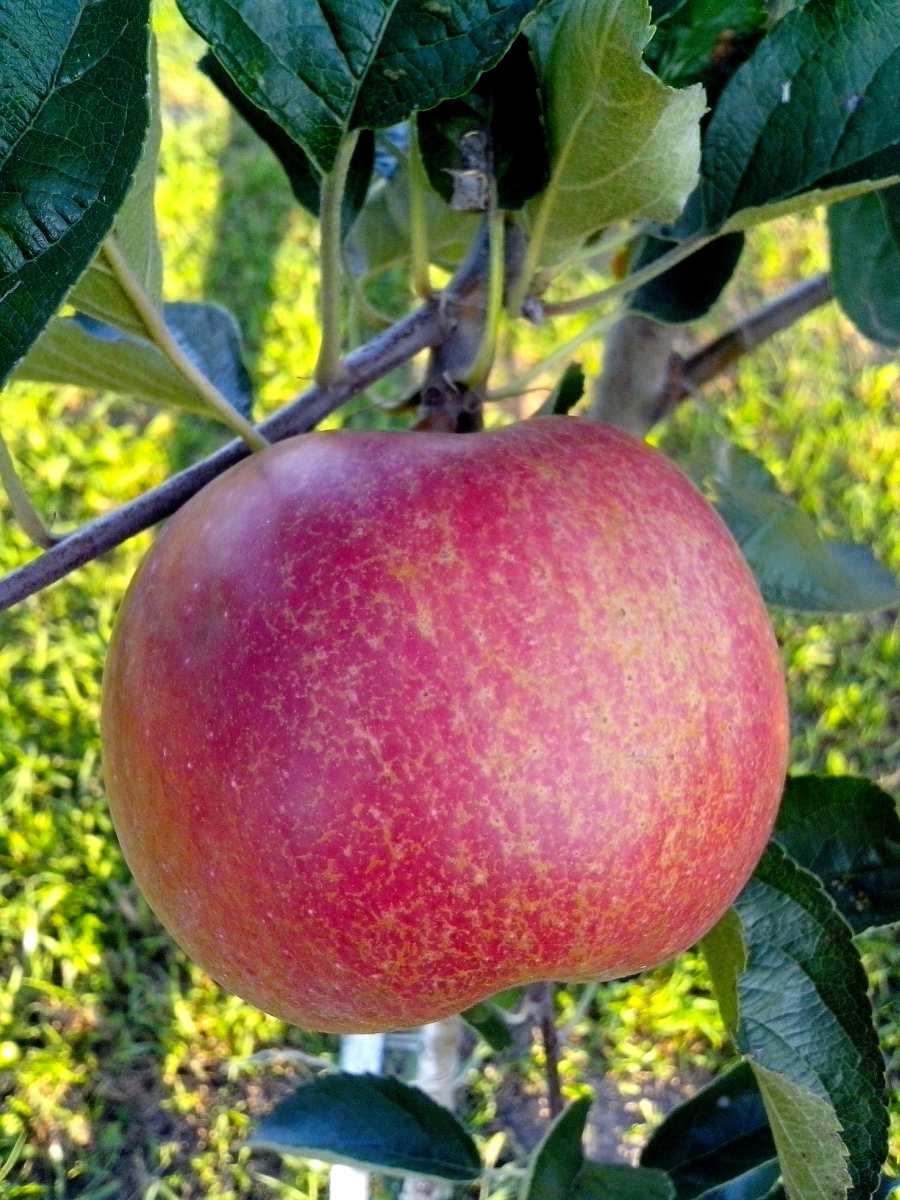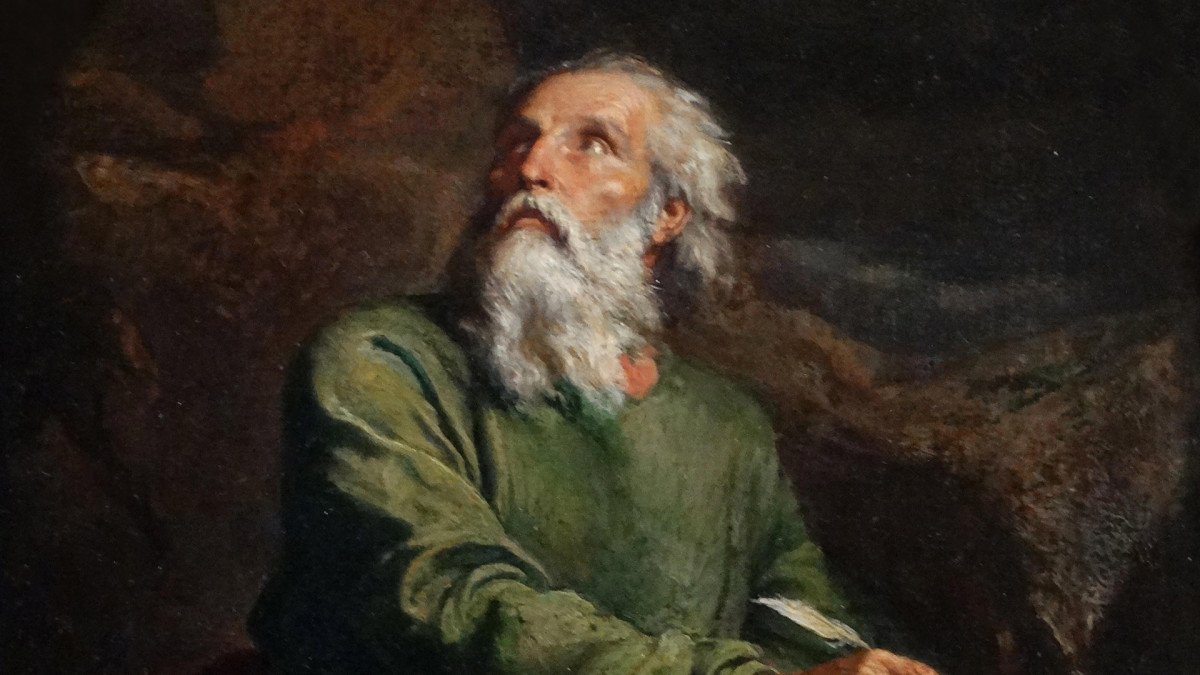The Fig Tree, Israel and the Believer
The fig tree is often used in Scripture as a symbol of the nation of Israel. It can also be used to show man's lost state under the Law and salvation under grace. After disobeying God's first law in the Garden of Eden, Adam and Eve attempted to cover their nakedness with the leaves of the fig tree. This attempt to "cover" their own sin was not acceptable, as sin requires the shedding of blood, and so, we read in Genesis 3:21, "The Lord God made garments of skin for Adam and his wife, and clothed them." We learn here that, not only does sin bring death, but also, that only God can cover our sins. He not only provided the sacrifice to produce the skins, but He also placed the clothing on them. They were passive participants, with only the need to accept the free gift of the coverings.
Israel had a special "covering of protection" when it was a nation seeking God's will. Under King Solomon, we read in I Kings 4:25, "So Judah and Israel lived safely, every man under his vine and his fig tree." Being part of Israel, and under the Law, offered (and still offers) certain protections. But, perfect and complete protection is impossible under one's own strength and righteousness. We can not keep ourselves completely under God's Law. Our sin nature causes us to break God's Law and in turn come out from under it's protection. When the Prophet Isaiah said in 2 Kings 20:7, "take a cake of figs", he was giving a command to be followed, which in effect was a "law". God had promised to heal the king Hezekiah and add fifteen years to his life. The cake of fig, when applied to the king's boil, healed him. This represents the protective nature of being "Israel" and obeying the Law. It is in this obedience that we have our protection. It is in our own best interest. But, we also see the limitations of the Law as an answer to eternal life, because the king eventually still dies. The things we do are never sufficient to warrant entrance into heaven. That is achieved only by perfection; a perfection given freely at the cross for us to receive.
The command to Israel and to us as believers, to share God's message and to care for each other in Christ, is clearly shown in Proverbs 27:18. It states, "He who tends the fig tree will eat it's fruit, and he who cares for his master will be honored". Service to the Lord and His people brings us personal rewards in knowing Him better and thus enjoying the fruit He provides. We show our love for the "master" by loving one another and sharing His message of hope...The Gospel.
In Jeremiah 24:2-7 God speaks of those who will be returned to Him, to those He will give a heart to know Him...He refers to them a baskets of very good figs. A fruit that is "good" and seeks the Lord will be gathered to Him. The Scripture does not teach that these "figs" will DO anything to save themselves. Instead, God says, "I will set My eyes on them...I will bring them again...I will build them up...I will plant them...I will give them a heart to know Me." This again shows that being a "fig" is beneficial, not because of what we can do, but because of what He alone can do for us.
By the time Jesus began His earthly ministry, the nation of Israel had strayed many times from the path that God had intended for them. At this point, the religious leaders were far from the path and were, in fact, leading the people astray as well. The leaders looked the part, the temple looked the part...but it was all a show. The Pharisees were hypocritical at best and heathens in priest's clothing at worst. And, once again, the fig is present. In Matthew 21:19 we read, "Seeing a lone fig tree by the road, He (Jesus) came to it and found nothing on it except leaves only; and He said to it, 'No longer shall there ever be any fruit from you.' and at once the fig tree withered." A fig tree with full foliage should have figs under it's leaves, but this tree, like the Pharisees, was only keeping up appearances. It had the outward signs of being fruitful, but closer examination revealed that it was all show and no substance. Without fruit the tree was useless. Israel, as it was, was condemned to dispersion and uselessness until the promise given in Jeremiah 24:2-7 is fulfilled sometime in the future.
Even though the nation was withering away, there were still fig trees to bear fruit. The Israelite Nathanael said to Jesus in John 1:48, "How do You know me?" Jesus answers him by saying, "Before Phillip called you, when you were under the fig tree, I saw you." Nathanael was a Jew from within Israel who came from under the Law (the fig tree) and was seeking it's source and the One whom it pointed towards. The Law is given to show our need for the Savior and to seek the One who is the Lawgiver. Jesus knew Nathanael's heart even before he had left the comfort of the fig tree and it's laws. Jesus seeks to have all of us in the security of the fig tree, but only as it is seen through the eyes of grace, so that it can be enjoyed as the result of faith and not feared as the unattainable keeping of the Law.









